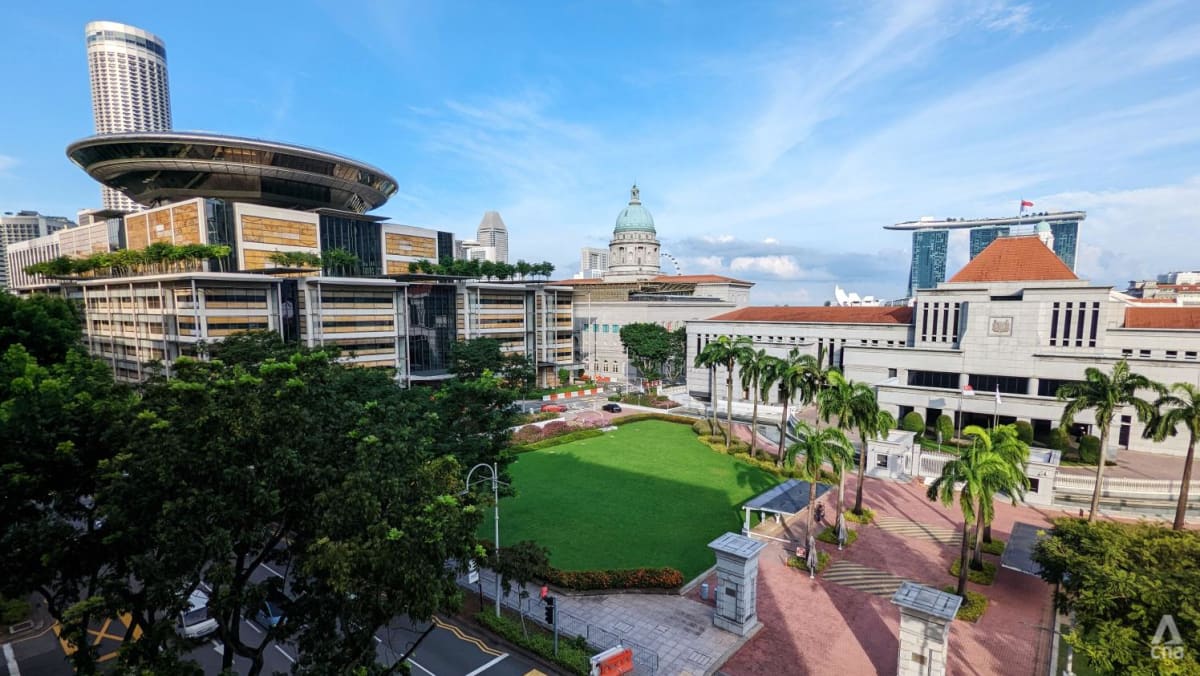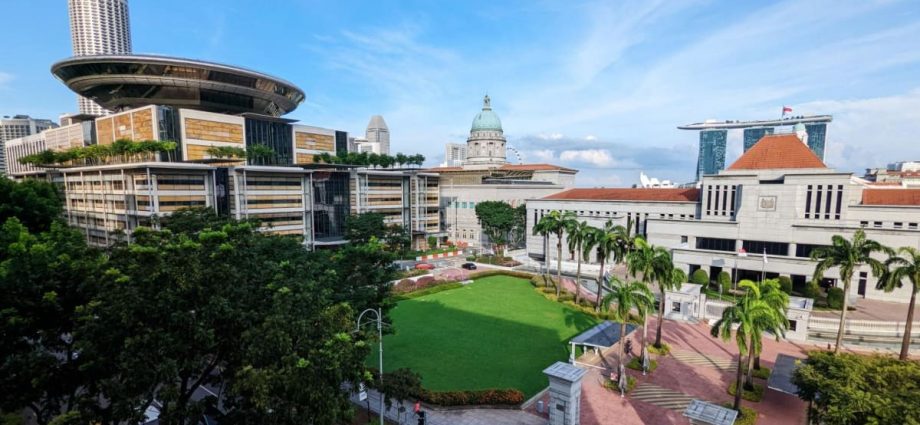
SINGAPORE: Nutrition product company Herbalife International Singapore has won a court battle against the Comptroller of Goods and Services Tax (GST) in a dispute over about S$2.2 million of taxes.
Lawyers from the Inland Revenue Authority of Singapore (IRAS) argued that Herbalife’s business structure results in revenue leakage, and that the company’s taxable supplies over a five-year-period should have been based on its products’ open market value and not its discounted rates to its members.
In a judgment released on Monday (Mar 6), Justice Choo Han Teck allowed Herbalife’s appeal. He found that the solution to the revenue leakage must be implemented legislatively and is beyond the power of the courts.
HERBALIFE’S STRUCTURE
Herbalife markets, sells and distributes nutritional supplements, weight management and personal care products.
Its business model involves selling only to members who are registered with Herbalife, instead of selling directly to consumers.
The members retain as profit the difference between the prices they pay to Herbalife, and the price they are contractually bound to sell the nutritional products. Members can also consume the products personally.
Herbalife sells its products to members at different discount tiers, beginning from the standard 25 per cent and going up to 35 per cent, 42 per cent and 50 per cent.
Members move up the tiers as they accumulate volume points, Herbalife’s internal metric to measure the volume of each member’s purchases. Such points are credited for members’ own purchases as well as the purchases of other members a member refers, termed as “downlines”.
Both sides agree that the products supplied by Herbalife are liable to GST, but differ in the value of such supplies on which GST is levied.
Herbalife argued that the discounted rate is taken as the value of the supply, but the Comptroller said that the value should be the open market value of the nutritional products.
The Comptroller issued notices of assessment and additional assessments for the accounting periods of Jan 1, 2012 to Mar 31, 2017, on the basis that the supplies were valued at open market value.
The disputed amount of GST is S$2,187,089.99, inclusive of a 5 per cent late payment penalty.
IRAS’ ARGUMENTS
Lawyers from IRAS’ law division argued that Herbalife’s business structure results in revenue leakage.
If Herbalife’s members were GST-registered, the final sale to end-consumers would be taxable supplies and GST would be levied on the full price, which is the retail price without the tiered discounts.
However, because the members are not GST-registered, the only taxable supply is the supply between Herbalife and its members.
By interposing a non-taxable intermediary between Herbalife and the final consumer, the difference between the price at which the products are sold to the intermediaries and the final price consumers pay is not brought to tax, the lawyers argued.
They said the revenue leakage should be plugged according to a section in the Goods and Services Tax Act.
However, Herbalife’s lawyers said the section cited does not cover this instance of revenue leakage. Instead, there exists a lacuna or gap in the GST Act which must be closed by Parliament.
JUDGE’S FINDINGS
After considering the arguments, Justice Choo agreed with Herbalife that the section cited by IRAS’ lawyers does not apply in this case.
He said the Comptroller “has not pointed to a tangible thing, whether in the form of a good, service or something else furnished by the members to (Herbalife) which has objective parity of value with the discount that the members receive, thereby bringing it within the (cited section) of the GST Act”.
He said the Comptroller attempted to characterise Herbalife members as commission agents, but took difficulty with this argument.
Instead, he found that the members are principals instead of agents in relation to the goods sold.
Although Herbalife members have the commercial incentive to sell the goods for profit, they retain the legal discretion to do as they please with the goods, subject to rules of conduct from Herbalife.
Justice Choo said that to adopt the Comptroller’s proposed solution to the revenue leakage would threaten to introduce “considerable uncertainty” as to taxable value of certain supplies.
He said companies can run promotional campaigns requiring purchasers to do certain acts to qualify for discounts, such as sharing a campaign on social media or liking their posts.
It is also commercial practice for distributorship agreements regulating the supply chain for the sale of goods to contain terms and conditions stipulating purchase price, advertising restrictions and on-sale prices, said the judge.
Instead, the gap in the revenue leakage should be plugged by adopting a special valuation provision that specifically addresses business models like Herbalife’s, without the potential negative collateral effects on commercial practices.
“This, however, is beyond the power of the courts, and must be implemented legislatively,” said Justice Choo, allowing Herbalife’s appeal.

